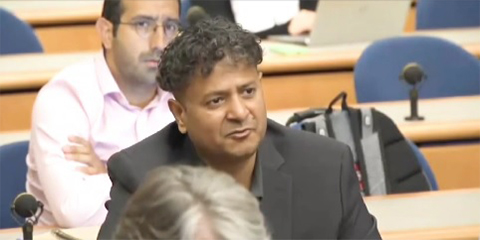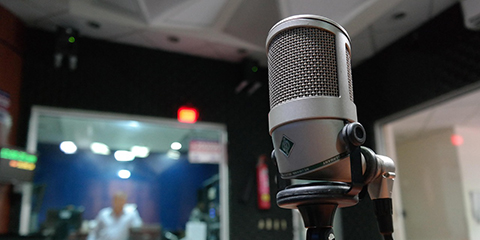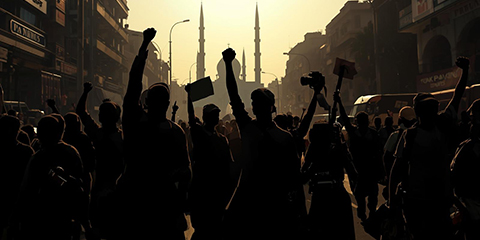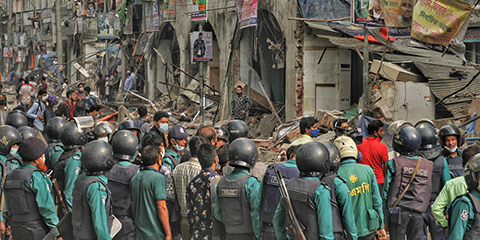ARY journalist Jahanzaib Ali counters fresh Indian media allegations
JournalismPakistan.com | Published last year | Imran Naeem Ahmad
Join our WhatsApp channel
ISLAMABAD—Pakistani journalist Jahanzaib Ali has hit back at Indian media for targeting him over a question he posed to US State Department Spokesperson Matthew Miller regarding directives in India’s Uttar Pradesh, Madhya Pradesh, and Uttarakhand.
Ali, a correspondent for Pakistan’s ARY News told JournalismPakistan.com on Thursday that his question focused on reports that Muslim vendors were being forced to display their names, raising concerns about growing intolerance and discrimination.
"Journalists like myself must ask probing questions, especially on issues that touch on human rights and discrimination," he said. "My question was based on reports circulating in the media about potential discrimination against Muslim vendors. Asking such questions is not about meddling in a country’s internal affairs but highlighting and addressing potential human rights concerns."
Ali emphasized that his question was rooted in genuine concerns reported by various sources. "The intent was to seek clarity and prompt a discussion on the treatment of religious minorities, a matter of universal human rights," he explained.
Responding to allegations of bias and misrepresentation, Ali stated, "An Indian media outlet accused me of framing my question misleadingly. It is important to clarify that my question was based on genuine concerns reported by multiple sources."
Ali also highlighted the importance of press freedom. "Press freedom is a cornerstone of any democratic society. Journalists must be able to ask difficult questions without facing intimidation or accusations of having ulterior motives," he asserted. "Discrediting a journalist for asking a legitimate question undermines the very foundation of a free press."
Addressing the broader context of religious discrimination, Ali remarked, "There is ample evidence and numerous reports from credible organizations highlighting the challenges faced by religious minorities in India. The concerns I raised are not isolated but part of a broader discourse on minority rights and religious freedom."
Ali underscored the necessity of promoting dialogue and accountability. "Constructive dialogue on human rights issues is essential for progress. Questions posed by journalists, even if they are uncomfortable, play a vital role in promoting transparency and accountability," he pointed out. "It is through such dialogue that societies can address and rectify injustices."
Ali reiterated the importance of supporting and defending the role of journalists. "It is imperative to support and defend the role of journalists in questioning government policies and actions. My question was an exercise of my professional duty to seek truth and uphold human rights," he declared. "Attempts to discredit me for doing my job are unfair and detrimental to the principles of press freedom and accountability."
Earlier this month, Ali faced severe backlash and threats following a question he posed at a Pentagon briefing. His inquiry centered on the potential involvement of foreign governments in an attack on former U.S. President Donald Trump. This question, interpreted by some as implicating India, drew significant controversy.
"This is not the first time that the Indian media has targeted me and tried to portray me as an anti-Indian journalist. It's not just on social media; a few months ago, I received death threats from unknown callers asking me to stop asking questions about India, especially regarding the Modi government. I had detailed meetings about these threats with the State Department and the FBI."

























